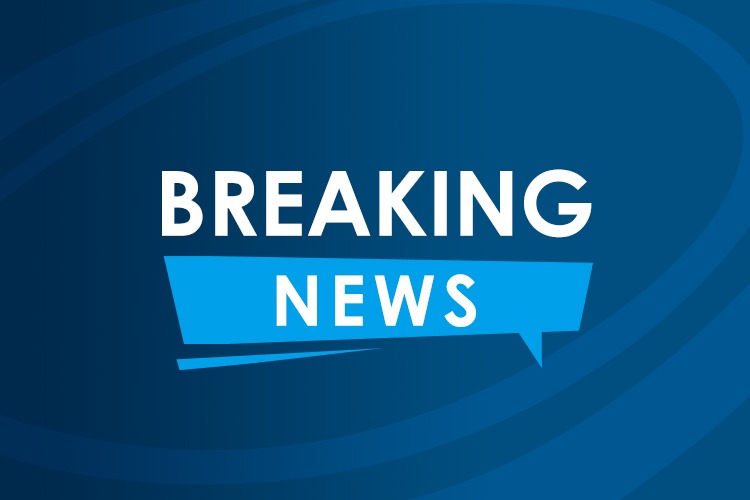Slowing pace of booster jab rollout could lead to extra UK restrictions
By Jonathan Powell in London | chinadaily.com.cn | Updated: 2021-12-08 23:57
The United Kingdom's COVID-19 vaccine booster program has not gathered pace as expected, fueling concerns that new restrictions could be introduced ahead of Christmas.
The inoculation campaign is under the spotlight as scientific advisers now say Omicron variant infections in the UK are doubling every three days.
Official statistics show the number of third jabs given over the weekend was less than the previous one, prompting accusations that the program is "stuck in first gear".
The Daily Telegraph noted that the weekly UK figure for jabs administered has risen from 2.56 million to 2.64 million, but said this is short of the government target, which is to deliver 3.5 million jabs a week.
The Department of Health and Social Care has pledged that booster jabs will be offered to all adults by the end of January.
On Nov 27, Prime Minister Boris Johnson called for the program to be accelerated, in an effort to protect against the Omicron variant. Latest data shows that just 221,674 booster vaccine shots were administered last Sunday, which is down from 223,189 the week before.
Sources cited by the Telegraph say the delay to the rollout is the fault of the UK Health Security Agency, or UKHSA, as it only issued guidance to the National Health Service on the expanded rollout on Friday, after a week of wrangling with doctors' unions about which services should be dropped to make way.
It reported that a lack of vaccinators and volunteer marshals is a factor in the delay, but cited health sources as saying there was no reason doctors, nurses and pharmacists should not already be following the guidance as they do not need to wait for authorization.
London's Evening Standard newspaper quoted Wes Streeting, the Labour Party shadow health secretary, as saying: "We want the government to succeed, but the truth is they've been stuck in first gear on the booster rollout."
On Monday, Johnson raised the prospect of further restrictions, saying: "We're still waiting to see exactly how dangerous it is, what sort of effect it has in terms of deaths and hospitalizations."
Health Secretary Sajid Javid on Monday said the variant is now being transmitted within the community "across multiple regions of England", with 336 cases confirmed.
Speaking to the House of Commons, Javid said the new variant may spread more quickly than Delta or Beta strains, adding that the government could not say for certain that it had the potential to "knock us off our road to recovery".
He said: "We are learning more about this new variant all the time. Recent analysis from the UKHSA suggests that the window between infection and infectiousness may be shorter for the Omicron variant than for the Delta variant. But we don't yet have a complete picture of whether Omicron causes more severe disease or, indeed, how it interacts with the vaccines."
The BBC noted that new travel rules that aim to limit the spread of the Omicron variant in the UK mean anyone traveling to the country must now show proof of a negative COVID-19 test before they depart. There were rules already in place that meant arrivals to the UK must self-isolate until they receive a negative PCR test.
The Times cited one scientist as saying travel restrictions would soon become "pointless", and gave official data indicating more than 1,000 people per day are now being infected with the Omicron variant in Britain.
Andrew Hayward, a member of the government's Nervtag advisory group, told the paper that ministers "really need to be considering Plan B" and that they should be telling people to work from home.
























